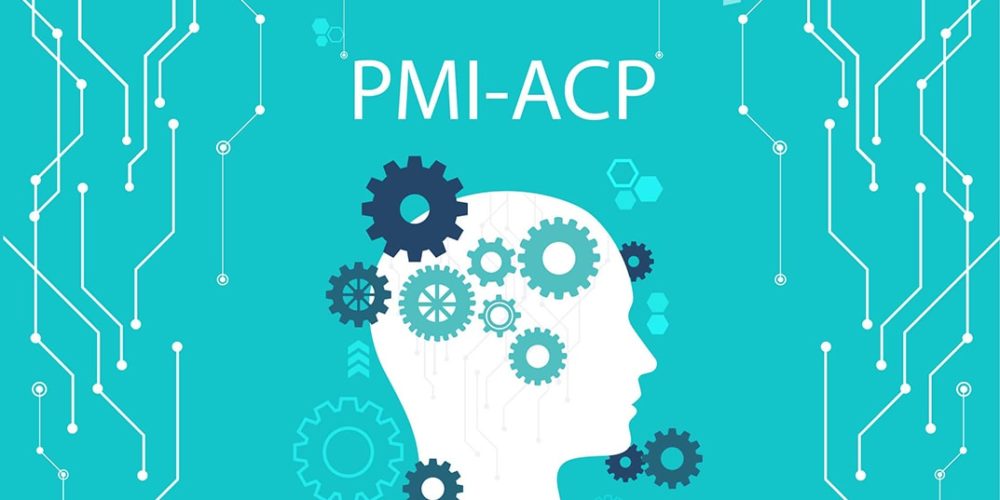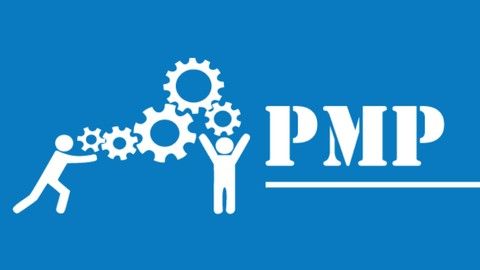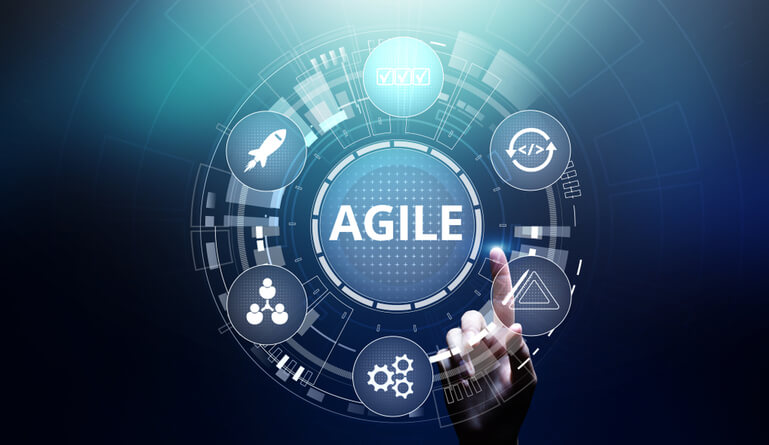- PMI-ACP Examination Content Outline
- Agile Principles and Mindset
- Value-Driven Delivery
- Stakeholder Engagement
- Team Performance
- Adaptive Planning
- Problem Detection and Resolution
- Continuous Improvement (Product, Process, People)
- Tools and Techniques
- Knowledge and Skills
- Appendix A: Role Delineation Study (RDS) Process
PMI ACP
ACP is an acronym of Agile Certified Practitioner. This certification is provided by Project Management Institute PMI.
500+ Students Enrolled
4.4  (325) Ratings
(325) Ratings
 (325) Ratings
(325) Ratings








